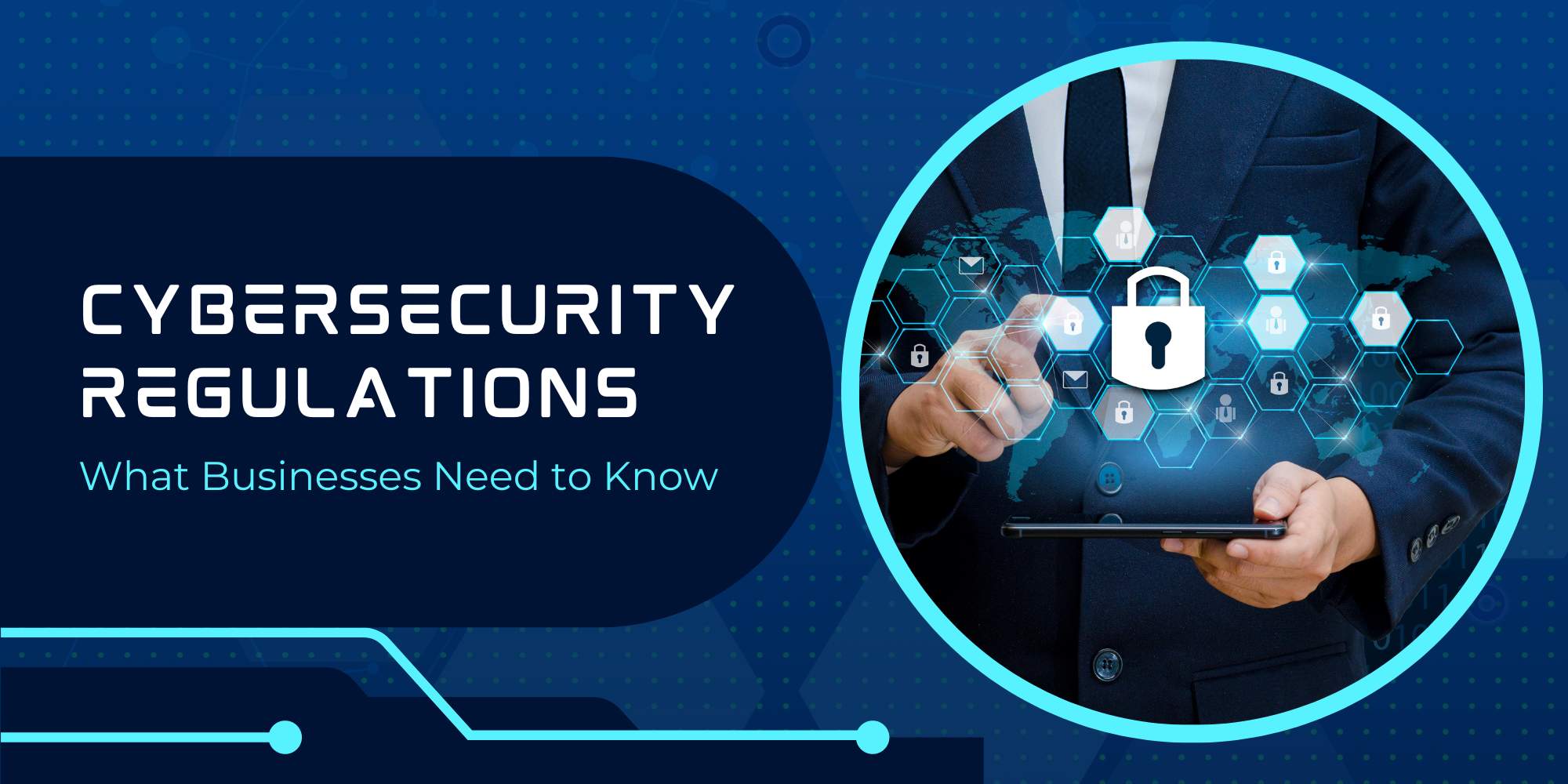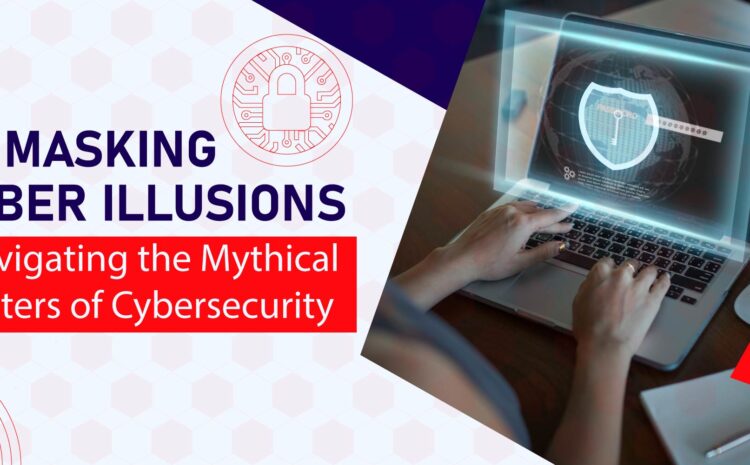Hello, and welcome to the CloudQ blog! Today, we thought we’d take a moment to go over a few essential cybersecurity compliance steps your business can take to assure you’re up to date with basic regulations. CloudQ has tips and tricks to help keep your business safe, and we can guide you through so much more if you’re interested. If you’re ready, let’s get going!
In today’s rapidly evolving digital landscape, the rise of cyber threats poses significant challenges to businesses of all sizes. From data breaches to ransomware attacks, the stakes have never been higher. In response to these escalating risks, governments around the world are implementing stringent cybersecurity regulations to safeguard sensitive information and hold companies accountable for their security standards. For businesses, understanding and complying with these regulations isn’t just smart – it’s essential for survival.
The Purpose of Cybersecurity Regulations
Cybersecurity regulations serve several critical objectives:
- Data Protection: Regulations outline best practices and technologies for safeguarding customer information, trade secrets, and other sensitive data crucial to business operations.
- Risk Minimization: Compliance with cybersecurity frameworks encourages a proactive approach to identifying and mitigating potential vulnerabilities, reducing the likelihood and impact of costly breaches.
- Consumer Confidence: Demonstrating compliance signals to customers and the public that your company takes data security seriously, fostering trust and confidence in your brand.
- Penalties for Non-Compliance: Regulations carry legal weight, with steep fines and legal liabilities acting as strong deterrents for businesses neglecting cybersecurity responsibilities.
Major Cybersecurity Regulations to be Aware of
- General Data Protection Regulation (GDPR): Enforced by the European Union (EU), GDPR applies to any organization processing data belonging to EU residents, regardless of location, and sets stringent standards for data protection and privacy.
- California Consumer Privacy Act (CCPA): CCPA grants California residents greater control over their personal information, requiring businesses to disclose data collection practices and allowing consumers to opt out of data sharing.
- Health Insurance Portability and Accountability Act (HIPAA): HIPAA, specific to the healthcare industry, mandates safeguards for protecting sensitive patient data to ensure confidentiality and data integrity.
- Payment Card Industry Data Security Standard (PCI DSS): Essential for businesses handling credit card transactions, PCI DSS mandates secure storage and transmission of payment card information to prevent fraud and breaches.
- Industry-Specific Regulations: Sectors like finance, energy, and critical infrastructure often have additional, more rigorous regulations tailored to their unique cybersecurity needs.
How to Achieve and Maintain Cybersecurity Compliance
- Risk Assessment: Conduct a thorough evaluation of your data assets, storage mechanisms, and vulnerabilities to identify potential risks and prioritize security measures.
- Implement Security Measures: Invest in robust cybersecurity solutions such as firewalls, encryption, access controls, vulnerability scanning, and regular software updates to fortify your defenses.
- Employee Training: Regularly educate staff on cybersecurity threats and best practices, including phishing awareness, social engineering tactics, and secure password management.
- Incident Response Planning: Develop and regularly test an incident response plan to ensure swift and effective action in the event of a security breach, minimizing damage and downtime.
- Regular Reviews and Audits: Conduct internal audits and consider third-party assessments to ensure ongoing compliance with regulations and address emerging threats effectively.
How do I know which regulations apply to my business?
Determining the specific regulations applicable to your business depends on factors like your industry, the type of data you handle, and your geographic location. There are online resources and consulting services that can guide you in understanding the regulatory landscape of your field.
Consequences of Non-Compliance
Failure to comply with cybersecurity regulations can have severe consequences, including:
Hefty Fines and Penalties: Regulatory bodies can impose significant financial penalties for violations.
Legal Liabilities: Non-compliance can lead to lawsuits and class-action litigation, resulting in substantial legal costs and damages.
Reputational Damage: News of a data breach or a cybersecurity lapse can severely erode public trust, harming customer relationships and future business prospects.
Operational Disruption: Cyberattacks due to inadequate compliance can cause significant downtime, affecting your ability to serve customers.
Developing an Incident Response Plan
No business is immune to cyberattacks. An incident response plan is essential for minimizing damage and restoring operations quickly in the event of a breach. Here’s how to get started:
Establish a Response Team: Identify key personnel and their roles in responding to a cybersecurity incident.
Document Procedures: Outline step-by-step actions, including containment, investigation, communication, and recovery procedures.
Regularly Test & Update: Simulate incidents and practice your response plan to identify weaknesses and make improvements.
The Takeaway
Far from being a burden, cybersecurity regulations provide a roadmap for building a more secure and resilient business in an increasingly digital world. By prioritizing compliance, businesses not only protect their assets and data but also maintain trust with customers and safeguard their reputations. Stay vigilant about regulations relevant to your industry, and proactively invest in the people, processes, and technologies needed to uphold a robust cybersecurity posture.
Need Help?
If you require further guidance or tailored advice on specific regulations or cybersecurity strategies for your industry, don’t hesitate to reach out. Our team is here to assist you in navigating the complexities of cybersecurity compliance and fortifying your business against evolving threats.

 Linkedin
Linkedin


